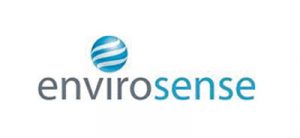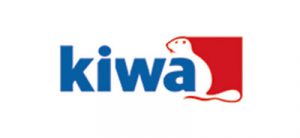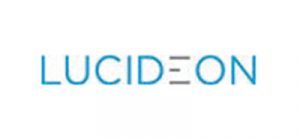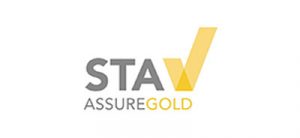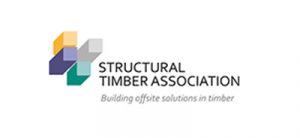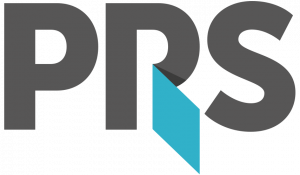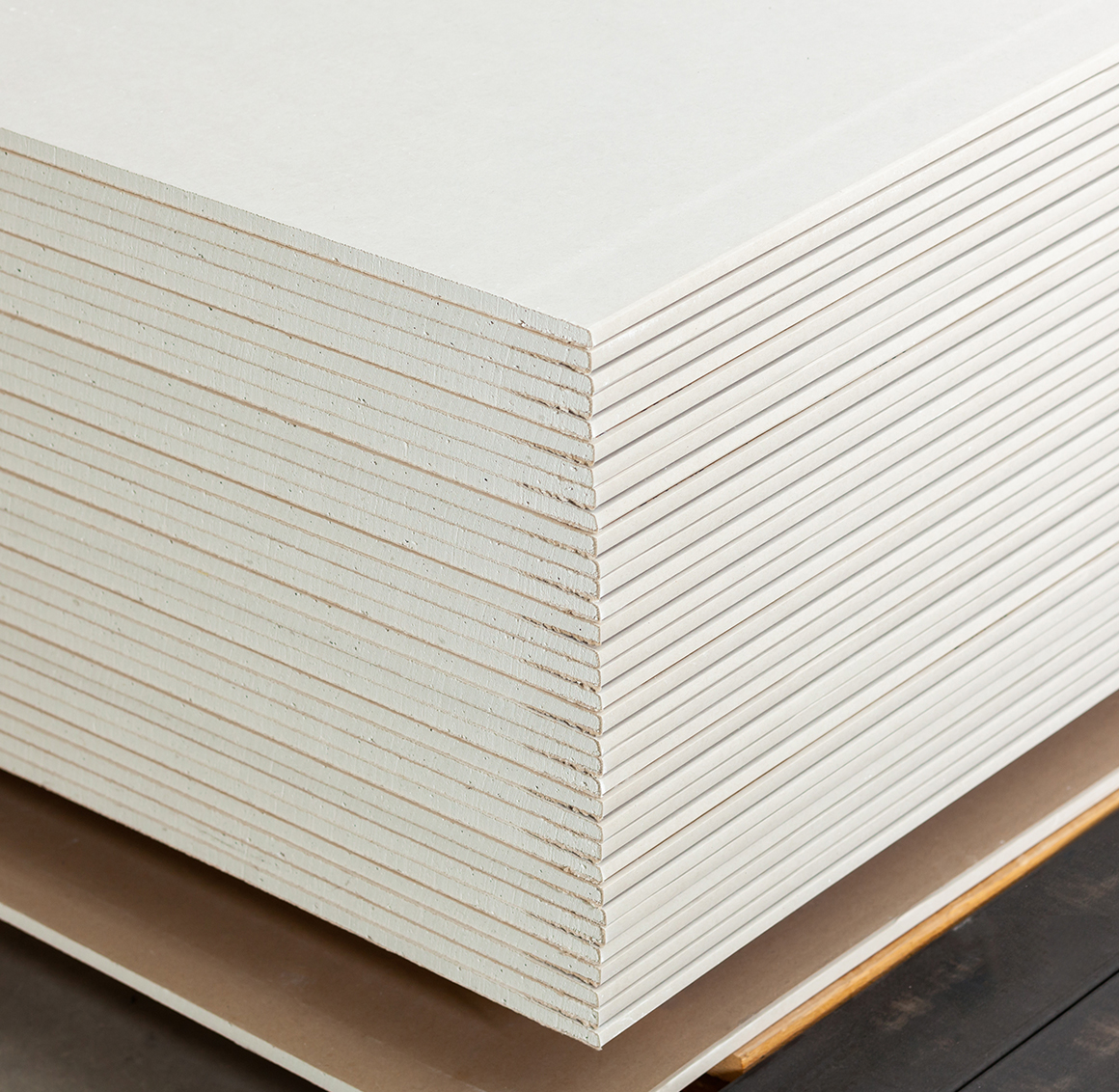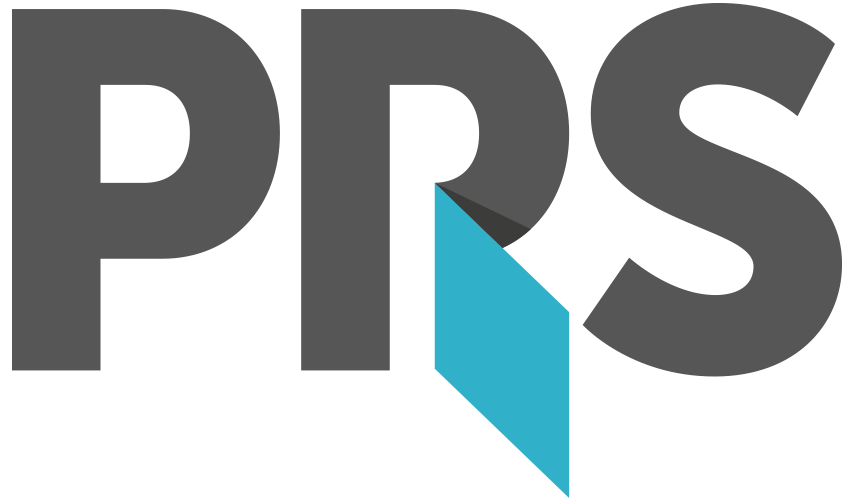The implemented factory production control (FPC) system guarantees quality, safety and consistency of performance.
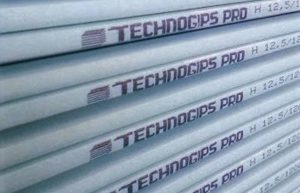
Eco gypsum plasterboards.
Few products have better characteristics of stable construction material, as compared to gypsum board; 90% of the gypsum board contents is gypsum, which is produced by desulfurisation in the TTPs. The carton, used for the sheathing of the board, is made of recycled paper. The technical gypsum is a raw material, well known and used for already a quarter of a century, while the recycled paper has been widely-used for more than 50 years. Natural gas is used as an energy source in the production process and the necessary water is purified and used again. The emissions from the natural gas usage are the lowest possible and the factory in fact releases in the atmosphere only water vapour.
Characteristics.
Gypsum is an inert, non-toxic material, which makes it absolutely harmless for the human being, no matter whether it is produced from a natural deposit or through desulphurisation in TPPs. Due to the two combined water molecules in the gypsum formula, it has also the ability to improve the air quality in premises, as well as to accumulate small quantity of heat, thus additionally benefitting the indoor climate.
Recycling.
Gypsum is one of the few materials, which allow a completely closed cycle of recycling; in the production of the gypsum construction materials, the first stage is calcination of gypsum (burning) – extraction of the water, bounded in a crystal line, from the raw material (whether natural or technical gypsum), by means of heating up to approximately 200 °С. When the same quantity of water is added further, the gypsum regains its initial status of solid mineral. This extraordinary characteristics of the gypsum allows the closed recycling process of the material.
Trusted Internationally.

